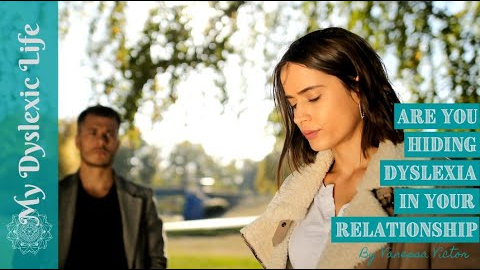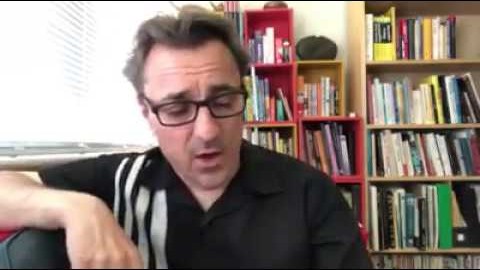Top Tip for Dyslexics: Sports
In 2018, I was fortunate enough to participate in counseling sessions for parents of dyslexics. One day, a parent said they’d canceled all their child’s free-time activities, including sports so that the child would be able to concentrate on schoolwork. Of course, as parents, we try to do what’s best for our children. But in this case, research indicates that getting rid of sporty activities was a mistake.
I hope that this video will help some parents realize how vital sports are for dyslexic children struggling in school. Research has explored how, by exercising regularly, we dyslexics can improve our speech/language fluency, phonology, working memory, and motor skills.
Research Support
Research has explored how, by exercising regularly, we dyslexics can improve our speech/language fluency, phonology, working memory, and motor skills. In a 2007 study by Reynolds, possible explanations for this impact include improved ability to pay attention, Improved self-esteem, and improved cerebellar function.1 A further study called the “CaliforniaPhysical Fitness Test” provides us with even more compelling findings in favor of sports to help us learn. 2 The conclusion is that by improving your fitness, you improve your academic achievement as well.
References
- Reynolds, D., & Nicolson, R. I. (2007). Follow‐up of an exercise‐based treatment for children with reading difficulties. Dyslexia, 13(2), 78-96.
- California Department of Education. (2005). A study of the relationship between physical fitness and academic achievement in California using 2004 test results.









